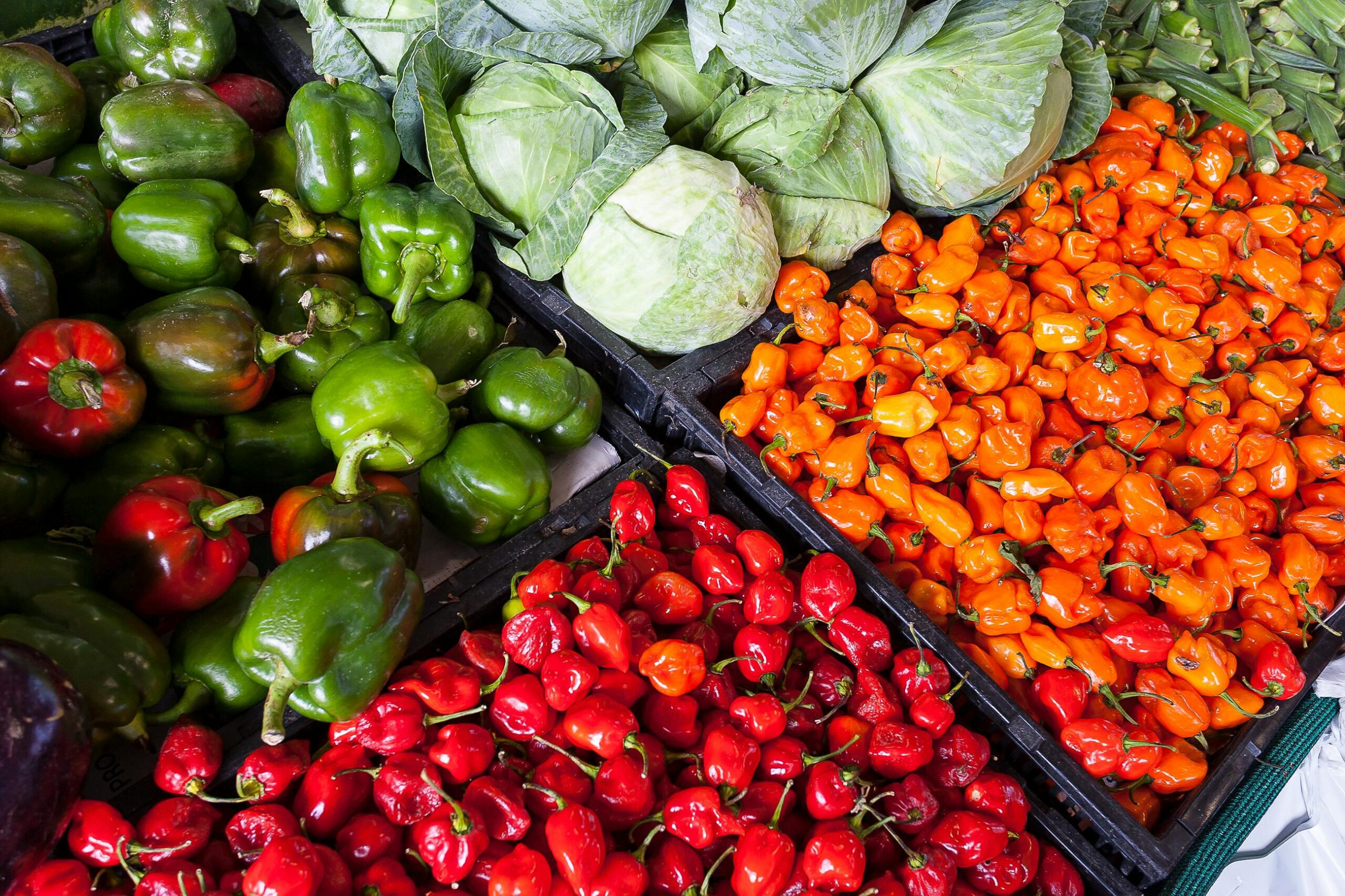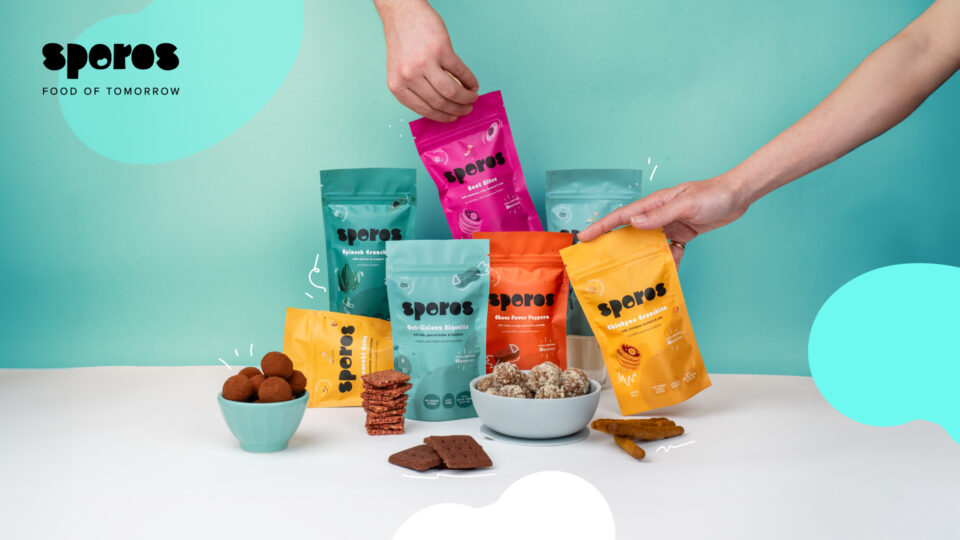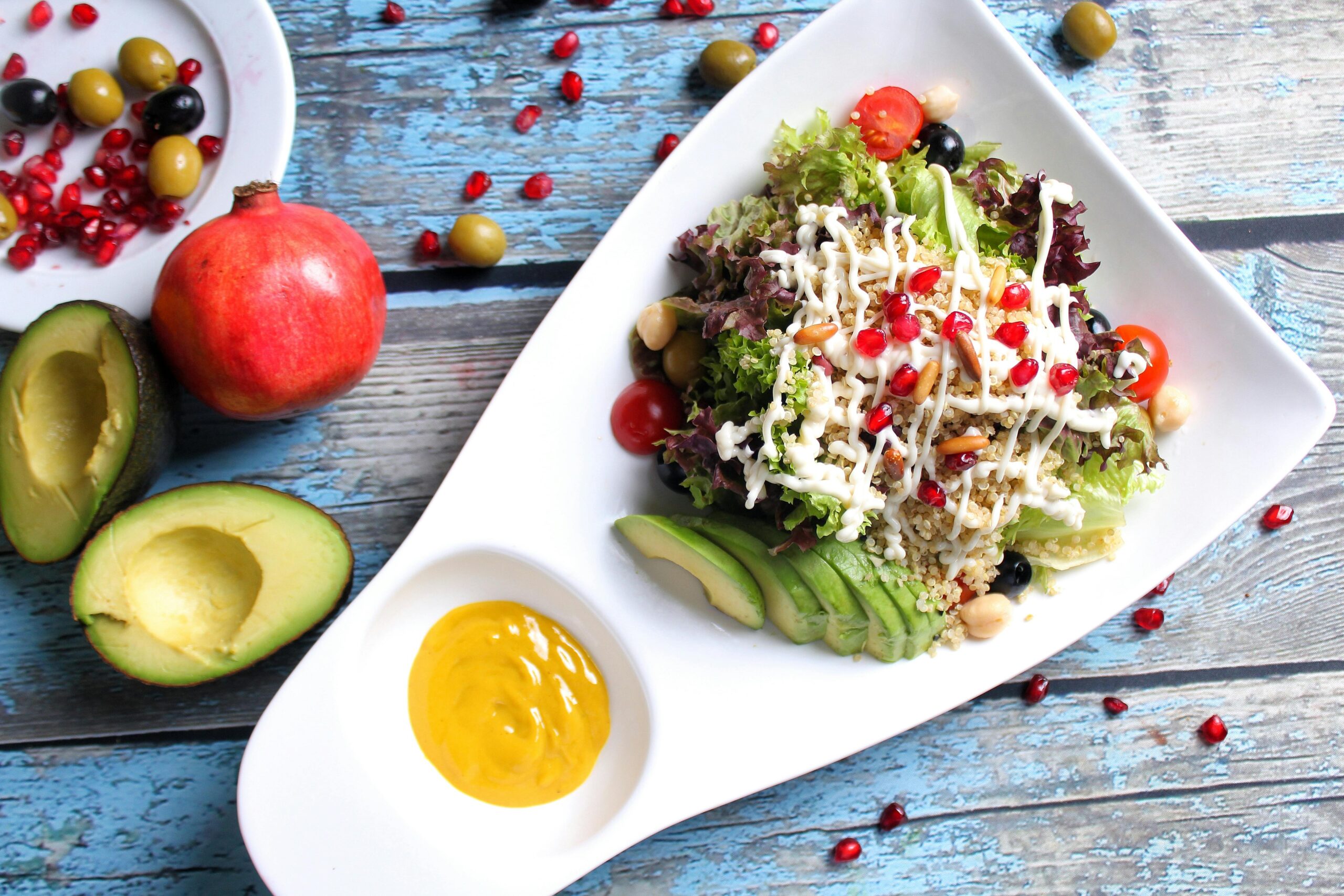
January is the month that many people start putting new goals and one of them usually is to start being healthier, to start being more active or to start following a diet in order to lose weight. Along with this, a new idea has been created which is called Veganuary. Veganuary is a crowdfunded campaign which promotes eating vegan for a month. One question that I hear very often is, if athletes can be vegan and what kind of foods can they consume which are good sources of protein?
Well, the truth is that based on research, a vegan diet does not seem to further boost performance, recovery and adaptation for the athletic population (1, 2). Despite this, research also supports that an athlete can follow a vegetarian or vegan type of diet without doing any harm (1, 2) and that a vegan or vegetarian diet can potentially positively affect the gut microbiome (2) and considering that, exercise performance may be positively affected by that (2).
Which are the foods though that are vegan and have a high protein content?
1. Quinoa:
Quinoa belongs to the category of pseudo cereals and contains about 7 g of protein along with 2.4 g of fibre per 100 g of cooked quinoa. Making a quinoa meal with a mixture of veggies e.g. broccoli, carrots or sweet potato, seeds (flaxseeds, sunflowers seeds or pine nuts) and a nut dressing (e.g. tahini with lemon juice and olive oil), will give to the athlete a complete meal which will have a good amount of protein, fibres, antioxidants, vitamins and minerals.
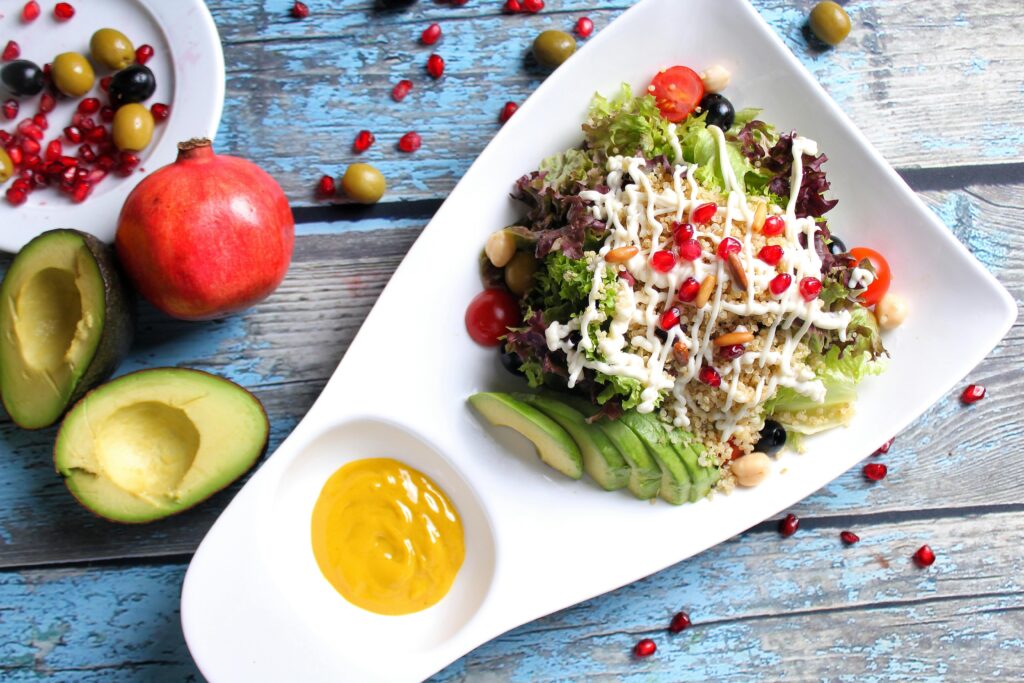
2. Tofu:
This food option may not be that well-known to everyone and its flavor may not be liked by all the people who consume it, but it is a food -which comes from soya- and contains a good amount of protein (more specifically, 8.1 g of protein per 100 g of product). In order to make it tastier, the athlete should cook it with herbs and maybe a dressing like balsamic vinegar or a bit of wine. It can be added to a salad, a pasta meal or tortilla (along with veggies) and that way the athlete is going to have a complete meal which will give him/her the required amount of protein post-exercise (at least 20 g of protein post-exercise are required to boost protein synthesis (3)). Remember, that as an athlete is important to make the right combinations and you are going to have a complete meal, which will give you satiation.
3. Nuts:
Nuts are a great source of protein, antioxidants and fibre. It also seems that people who consume nuts, tend to have lower possibility of developing chronic diseases and seem to be able to maintain a normal body weight or to manage to lose weight (4). I would recommend to all the vegan athletes to add nuts in breakfast and snack meals (e.g. fruits along with nuts), especially if they struggle to get the required amount of protein they need per day. Nuts -due to the fibre content they contain- are also great to boost gut health (5).
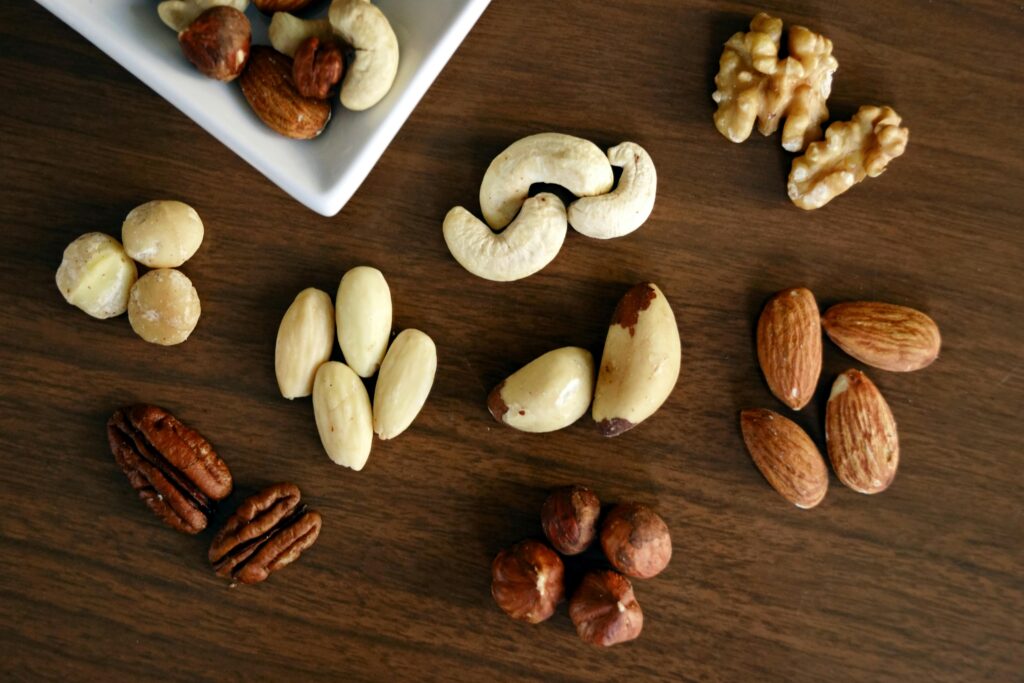
4. Pulses:
Lentils, chickpeas, beans (e.g. black or red beans), fava beans, are all great sources of protein and carbohydrates. They contain between 7-9 g of protein per 100 g of cooked product, and they come along with a variety of vitamins, minerals and antioxidants, such as iron, folates and magnesium (food databases from Nutritics software). Not only this, a vegan athlete can use them to make burgers (e.g. red lentil burger) and falafels and can combine them with a whole-wheat tortilla in order to make a wrap along with veggies and an avocado dip. Pulses are ideal for both lunch and dinner meals, but it is important to remember that they may bring some extra bloating. Try always to combine them with rice or quinoa in order to get a complete protein and to increase the bioavailability (6).
5. Seeds and nut butters:
Similarly, to nuts, other great options which can be consumed in toasted bread or wrap are the seed and nut butters. They contain good amounts of protein and if they are combined with some extra nuts and seeds on the side, they can provide the body with the required amounts of protein during the day. Definitely, if you are a vegan athlete give them a try and use a variety of them e.g. almond or cashew butter and tahini paste.
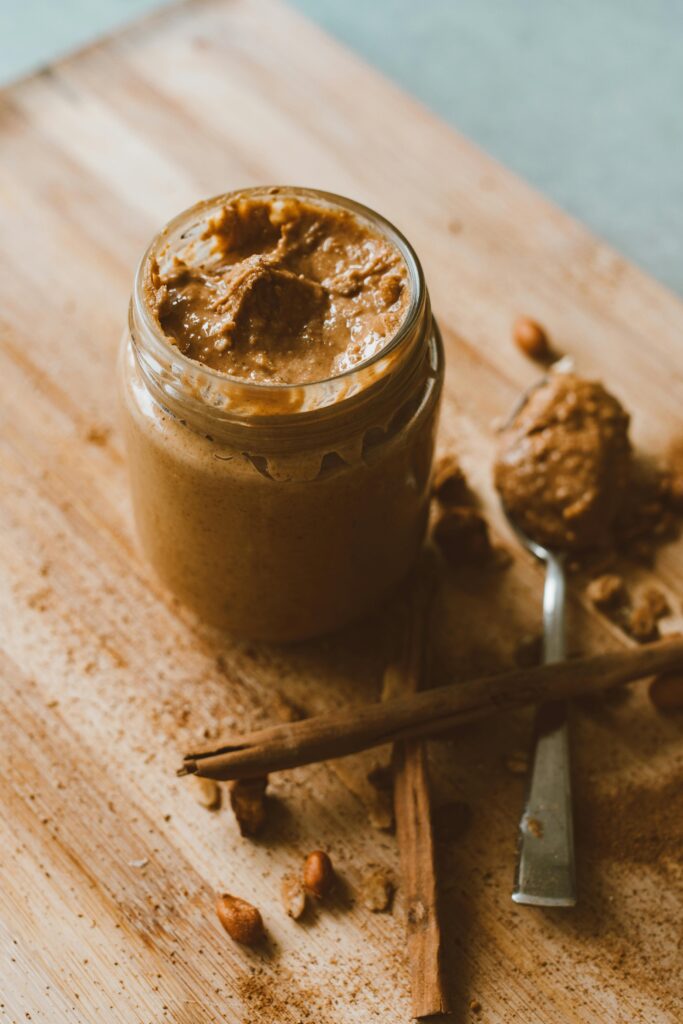
Are you a vegan athlete and you struggle with finding foods to top up your protein amount daily? Let me know what you think about the article above and in case you use any other protein sources? Definitely, by combining the meals appropriately you will manage to increase your protein content daily as vegetables contain small amounts of protein too. Consider that it is also important to get complete proteins and try not to overdo it with the ready-made vegan options which exist in the market. These meals contain many saturated and trans fatty acids, salt and sugars and they are not going to be beneficial health-wise. Remember, that with any type of diet or nutrition pattern you follow, the important is to eat for your health first!
This article was written by the founder of amvnutrition.com, Anna-Maria, who is a registered sports nutritionist (practitioner registrant, SENr, BDA, INDI) and a sports scientist (EIMGreece). Anna-Maria has worked with a variety of different athletes and active individuals, she is an excellent communicator and she always finds appropriate and comforting ways to helps each individual she works with. You can see more of Anna-Maria’s background here.
References
- West, S., Monteyne, A.J., van der Heijden, I., Stephens, F.B. and Wall, B.T. (2023). Nutritional Considerations for the Vegan Athlete. Adv Nutr, 14(4):774-795. doi: 10.1016/j.advnut.2023.04.012. Epub 2023 Apr 29. PMID: 37127187; PMCID: PMC10334161.
- Pohl, A., Schünemann, F., Bersiner, K., Gehlert, S., (2021). The Impact of Vegan and Vegetarian Diets on Physical Performance and Molecular Signaling in Skeletal Muscle. Nutrients, 13 (11), 3884. doi: 10.3390/nu13113884. PMID: 34836139; PMCID: PMC8623732
- Smith, J. E. W., Holmes, M. E. and McAllister, M. (2015). Nutritional Considerations for Performance in Young Athletes. Journal of Sports Medicine (Hindawi Publ Corp), Article ID 734649, 1-13. doi: 10.1155/2015/734649.
- de Souza, R. G. M., Schincaglia, R., M., Pimentel, G., D., Mota, J. F. (2017). Nuts and Human Health Outcomes: A Systematic Review. Nutrients. 9 (12), 1311. doi: 10.3390/nu9121311. PMID: 29207471; PMCID: PMC5748761.
- Fitzgerald, E., Lambert, K., Stanford, J., Neale, E.P. (2021). The effect of nut consumption (tree nuts and peanuts) on the gut microbiota of humans: a systematic review. British Journal of Nutrition, 125 (5), 508-520. doi:10.1017/S0007114520002925
- Rajpurohit, B. and Li, Y. (2023). Overview on pulse proteins for future foods: ingredient development and novel applications. Journal of Future Foods, 3 (4), 340-356. DOI – 10.1016/j.jfutfo.2023.03.005
Anna-Maria Volanaki



